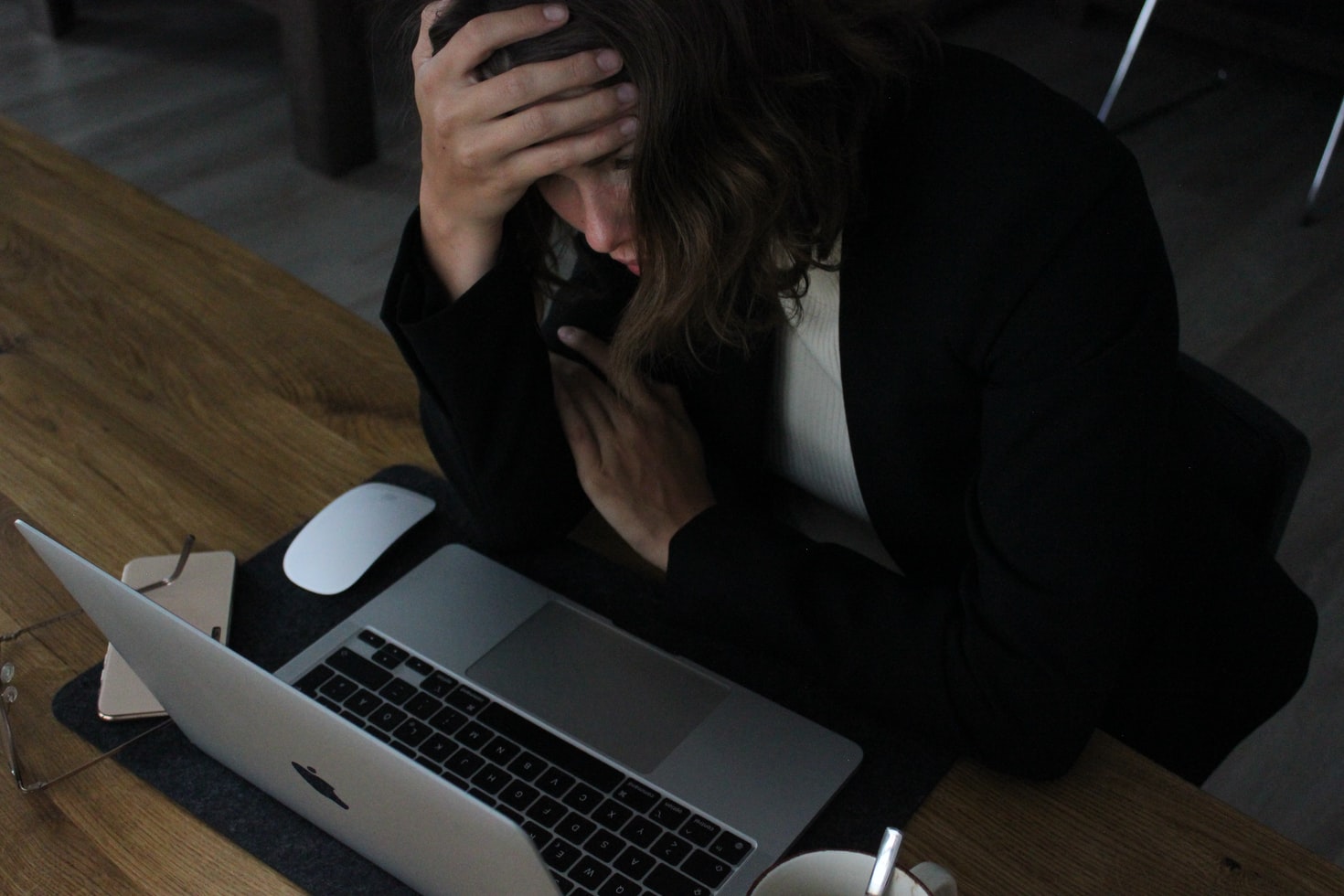The concept of burnout is not new – mental and physical exhaustion has long been reported as part of the ‘human condition’. But today’s fast-paced lifestyles are having an impact. In our guide, we explore how modern life can affect our levels of tiredness and fatigue – and what we can do about it.
What is fatigue?
Feeling tired all the time is not uncommon, and in many cases is not caused by an underlying medical issue. Fatigue, particularly if it is chronic, can have a significant impact on our lives, both at home and work, as well as our social relationships.
If you have seen your GP about your tiredness and fatigue and they have ruled out any medical cause, then looking at your lifestyle can help to identify why you may be feeling so exhausted. Here are the most common modern lifestyle causes of tiredness and fatigue:
Insufficient sleep
If you find you are waking up each morning unrefreshed, then your sleep could be insufficient to support your daytime energy needs. Your aim is to get between 7-9 hours of quality sleep at night, so looking at your sleep routine may identify key lifestyle changes you need to make.
Going to bed around the same time each night and waking up at a consistent time will support your natural body clock. And taking time to wind down before bedtime – which includes switching off your tech at least an hour before bedtime and avoiding caffeine, alcohol, and heavy evening meals – will help to set the stage for a good night’s sleep.
Poor nutrition
Your body needs good nutrition to support its energy levels and so if your diet is falling short on those essential nutrients or is too full of the ‘bad stuff’ such as fat and sugar, you can find yourself feeling sluggish and fatigued. Deficiencies in key vitamins and minerals such as iron can also contribute to feeling tired all the time. And skipping meals, especially breakfast, can put you on a backfoot when it comes to your energy levels, leading to fatigue and feelings of exhaustion later in the day.
Keeping hydrated, cooking fresh and nutritious food, and considering supplementing your diet with iron supplements can all keep you energised and those feelings of fatigue at bay.
A sedentary lifestyle
Your body needs physical activity to feel and perform at its best and spending your leisure time on the coach will inevitably leave you feeling sluggish and less than energetic. Keeping active effectively recharges your body’s batteries which is why regular exercise is so important to both your physical and mental health.
Stress
The fast pace of modern life can take a toll on your energy levels, as stress hormones are constantly pumping through your system. Left unchecked, these hormones can deplete your energy and leave you feeling exhausted and ‘running on empty’.
In short, if you don’t have enough quality ‘down time’ to unwind and relax, a nutritionally balanced diet, sufficient exercise, and restorative sleep, then this build-up of ‘modern life’ stress can have a serious impact on both your long-term health and wellbeing.

